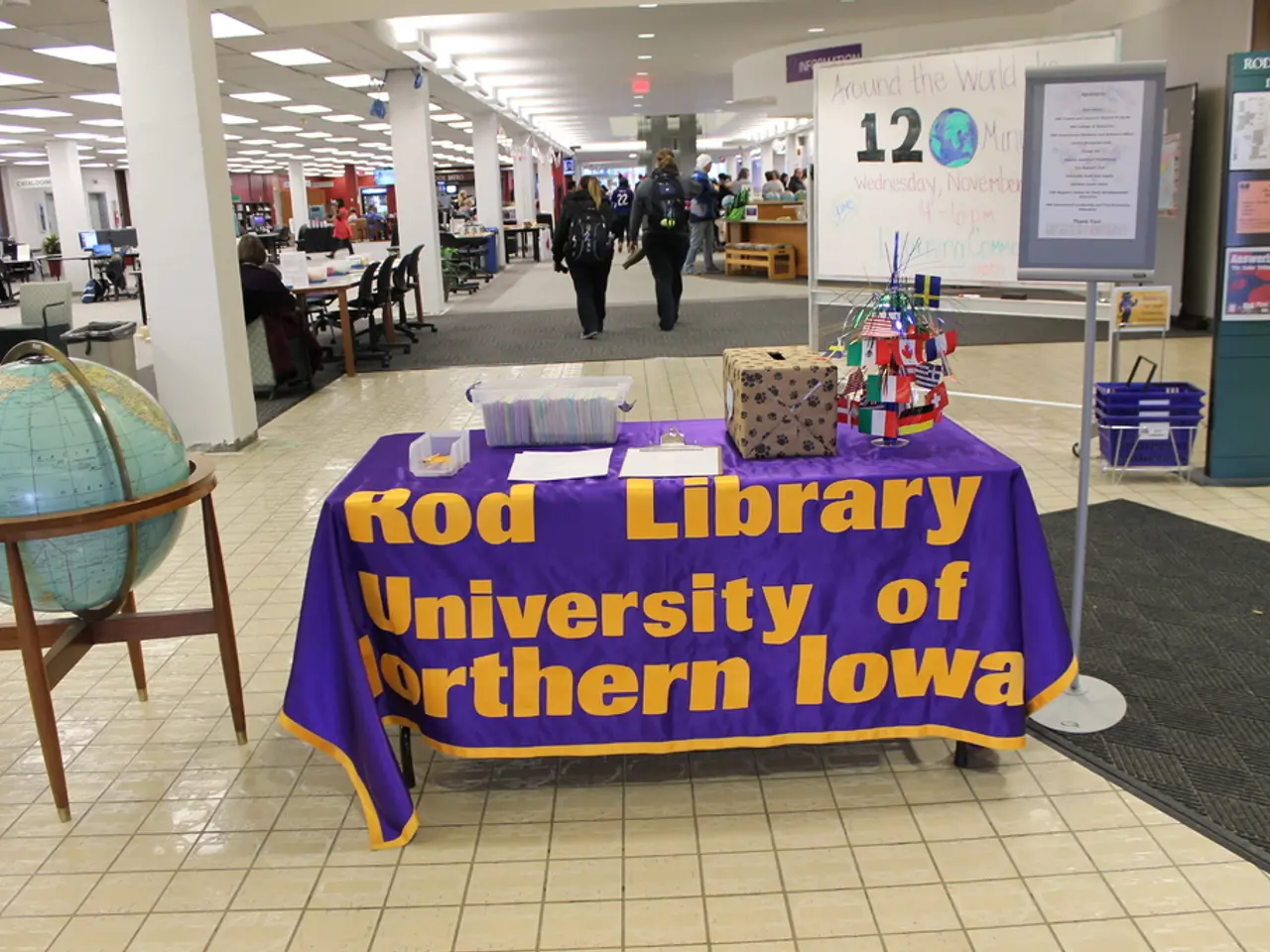A Comprehensive Handbook for International Festival Coverage in the English Language
In today's interconnected world, global festivals offer a unique window into the customs, values, and traditions of diverse communities worldwide. These vibrant celebrations not only showcase the rich tapestry of human culture but also serve as an opportunity for journalists to act as cultural ambassadors, fostering cross-cultural appreciation and understanding.
Effective reporting on global festivals requires a blend of strategic planning, strong storytelling, audience engagement, and the judicious use of digital tools. Here are some best practices, strategies, and tools for journalists and content creators to cover such events comprehensively.
1. **Advance Preparation and Research** Understanding the festival's background, cultural context, and significance is crucial for providing depth beyond surface-level coverage. Identifying key stories, themes, and stakeholders (organizers, performers, attendees) helps focus your reporting. Preparing a clear media advisory or press kit with essential details like who, what, when, where, and why facilitates media coverage and collaboration.
2. **Strong Storytelling with Data and Context** Storytelling gives structure and coherence to coverage, shaping editorial plans and creating engaging narratives that connect emotionally and informatively with the audience. Incorporating data or facts that illustrate the festival’s impact, size, economic or social significance adds weight to the story.
3. **Multimedia and Real-Time Coverage** Utilizing multimedia tools such as live streaming, videos, photo galleries, and social media updates provides immersive and immediate experiences. Collaborating with social influencers and local voices enhances reach and authenticity.
4. **Ethical and Cultural Sensitivity** Respect for local customs, traditions, and diversity is paramount when covering global festivals. Avoiding cultural appropriation or stereotyping and giving voice to local participants and organizers are essential for maintaining cultural sensitivity.
5. **Leveraging Technology and Innovation** Exploring new media tech like Artificial Intelligence (AI) for newsroom support and content creation is gaining traction. Using digital publishing platforms and tools that allow interactive and engaging storytelling, such as live blogs, podcasts, or virtual reality segments, broadens the scope and reach of festival reportage.
6. **Networking and Collaboration** Engaging with other journalists and media professionals at industry events and collaborating with PR teams and organizers for access to exclusive interviews, insights, or behind-the-scenes content are invaluable strategies for comprehensive festival coverage.
Several global festivals hold special significance. Diwali, the Indian festival of lights, marks the triumph of light over darkness and good over evil. The Japanese Cherry Blossom Festival, or Hanami, symbolizes themes of beauty, renewal, and transience that are universally relatable.
Navigating language barriers is important when reporting on global festivals in English. Cultural sensitivity, language proficiency, visual storytelling, and digital engagement are all essential components of effective reporting. By integrating these practices and tools, journalists and content creators can deliver insightful, engaging, and culturally sensitive reports on global festivals that resonate with diverse international audiences while meeting professional standards.
- To gain a comprehensive understanding of Diwali, the Indian festival of lights, journalists can delve into its fashion-and-beauty traditions, such as the vibrant saris and henna designs, while also exploring its food-and-drink aspects, like sweets and spices, to provide a well-rounded perspective on this cultural celebration.
- The universally relatable themes of beauty, renewal, and transience embodied in the Japanese Cherry Blossom Festival, or Hanami, make it an ideal subject for entertainment-focused reporting, as well as general-news stories that examine its impact on Japanese lifestyle and tourism.
- In covering travel stories on these global festivals, journalists should not forget to highlight educational-and-self-development programs, such as workshops or lectures offered during the events, which could provide valuable insights into the host culture for attendees and readers.






